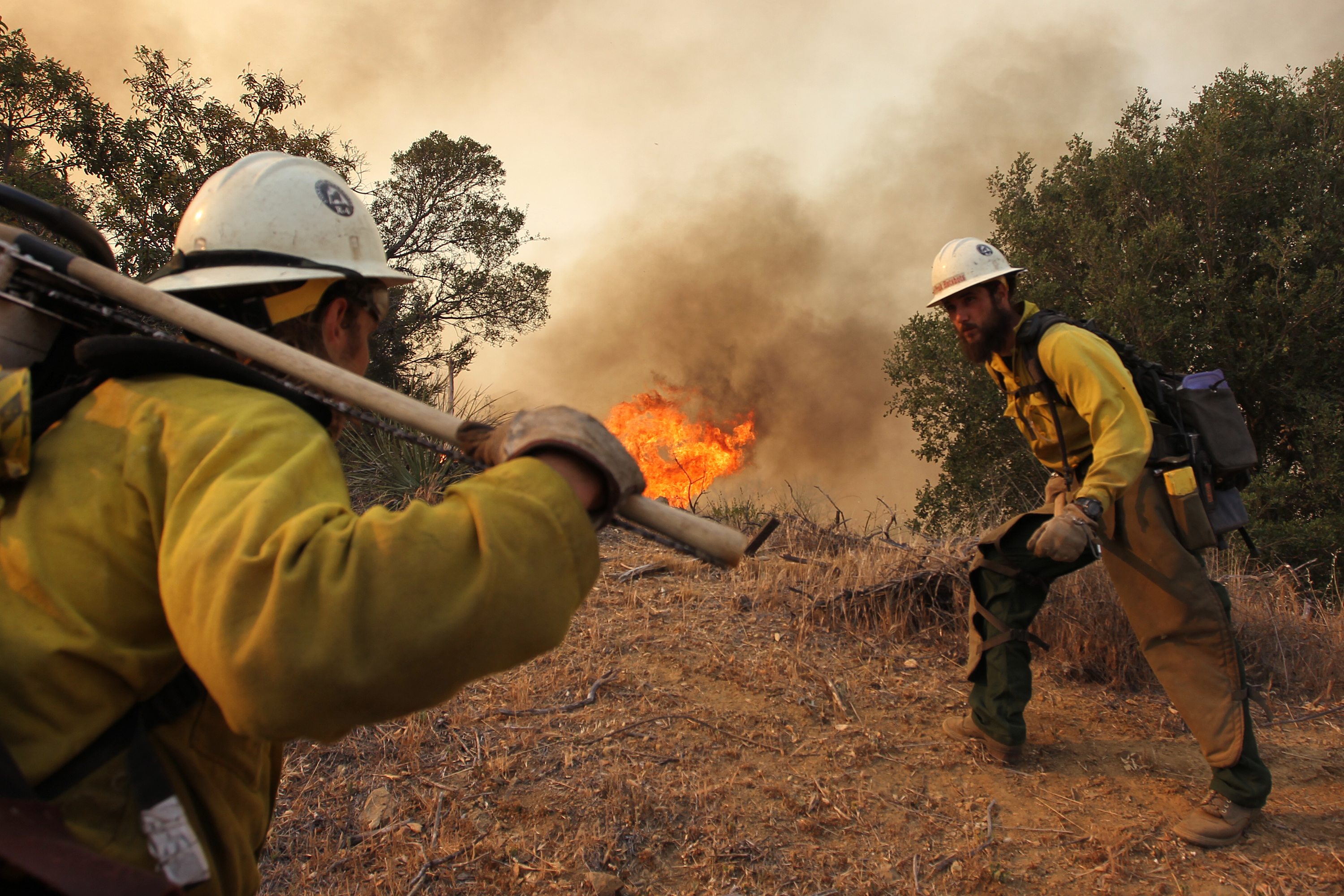

On Father’s Day his son called and said how excited he was about hi upcoming marraige. The firefighter’s father then told a story.

That was just not a thing they had done yet.īut, me being there and asking those questions - things like “How did you guys meet?” - if she told that story, the parents would say they didn’t know that. I mean, we’re talking about how they’re feeling about it or talking about, you know, the specific memories or whatever. Strictly Q&A: Moni Basu on following an earthquake survivor in Haiti Strictly Q&A: Jessica Ravitz on farmer suicides Story Craft: Editor and teacher Jan Winburn’s sensitive guide to covering victims of trauma It was very easy to imagine being the person who got stuck in a bad spot. I will say that that was one of the few times I’ve covered a tragedy or a traumatic event where I felt like my presence as a reporter did something good. She said, “Plants still have to get water,” even though I knew she was not okay. She was clearly trying to just do something. I still remember that she was watering the plants in the front yard. Both of the guy’s parents were there, along with his wife and her child from a previous relationship. But could you walk me through the last couple of days?” That allows them to get to set the rules of the conversation about how much detail they want to give.

With situations like this, I simply say, “Can you do me a favor? I know this is hard. I gave her my number and told her to give it to her friend - no pressure, but if she wants to talk she can shoot me a text or give me a call. A woman working out there was best friends with the wife of one of the guys who died in the fire. So instead I went to the fire station where all those guys were based and just walked around the neighborhood, wondering what were the places these guys would have gone? I ended up going to a burrito shop where these guys went all the time, and I talked to somebody there and they suggested I go to the gym down the street. Nathan Rott at NPR headquarters in Washington, D.C., September 27, 2018. I don’t believe that if I talk to somebody and they have an incredible story to tell and I craft the most exemplary piece of journalism, it will prevent the next shooting or will it prevent another fire from burning up the town. And I have a pretty firm rule that if somebody says they’re not interested in being part of a story, I don’t push them. I have a very strong no-call, no-knock ethic. But nobody wants to say that about tragedy, because they’re heroes. I know how the fire community is: For somebody to die in a fire like that, there had to be a bad decision. Usually that means use a LexisNexis search, call the family and see what you can get.īut 19 of these guys died. I was a temp at NPR, and was told, well, you need to profile a victim. When that happened, I had just finished a stretch of firefighting and was working as a reporter. In 2013, 19 members of the Granite Mountain Hotshots died when they were caught in the Yarnell Hill Fire in Arizona. One of them said ‘I’d rather die in my boots than die in a suit.’ Another said ‘Happily ever after.’

There was this little raised porch attached to the back of the house. We walked through the house to their backyard. As a former wildland firefighter, Rott drew on personal knowledge and his own moral compass to find and tell a story that he still considers one of the most meaningful in his career.Īs told to Clarise Larson The family was crying. In 2013, he was sent to report on the death of 19 firefighters killed in Arizona’s Yarnell Hill fire. Nate Rott is a correspondent on NPR’s National Desk focused on environmental issues and the American West. (AP Photo/The Arizona Republic, Michael Chow) “I was crying.” A memorial for 19 members of the Granite Mountain Hotshots, who died fighting a wildfire on June 30, 2013, in Arizona.


 0 kommentar(er)
0 kommentar(er)
